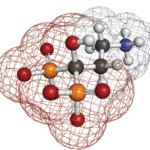A new Medscape survey found that rheumatology has the second-highest burnout level among the 29 specialties included, with 50% of the rheumatology respondents saying they’re experiencing “burnout.” To which some rheumatologists are responding: Really? “I was quite surprised by this,” says Beth Jonas, MD, chief of the Rheumatology, Allergy and Immunology Division at the University…









